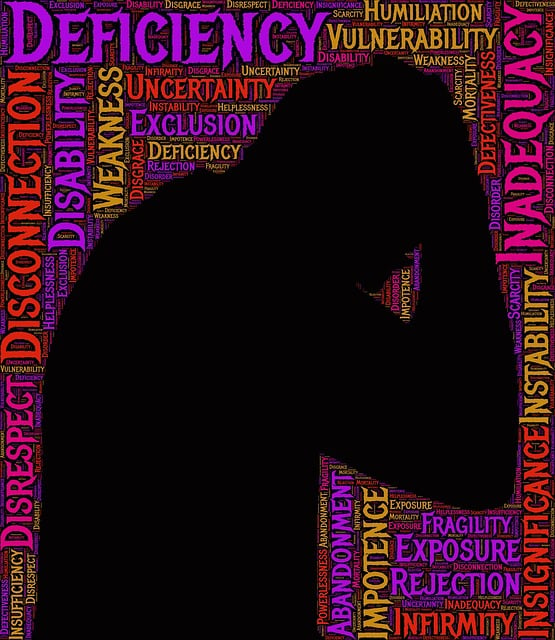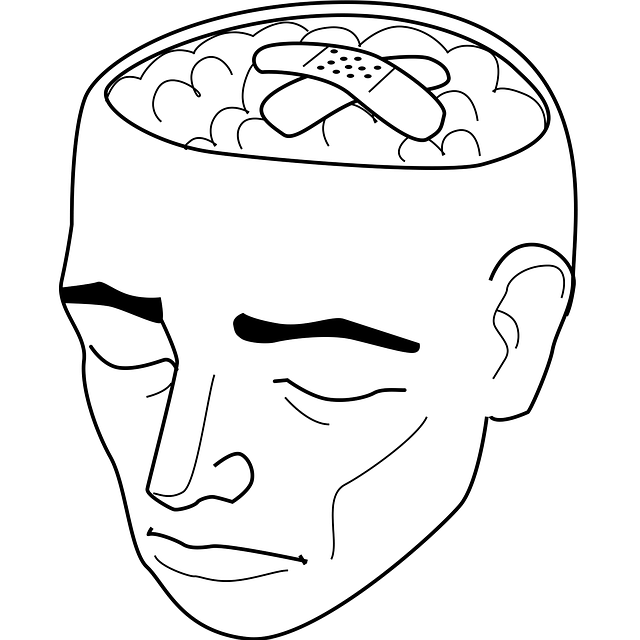Mental wellness coaching combines CBT, mindfulness, and positive psychology to empower individuals with tools for stress management, emotional regulation, and resilience against neurodisorders. Effective programs incorporate tailored interventions, evidence-based practices, strong communication, mood management, and cultural sensitivity. Integrating Superior Neuro Disorders Therapy (SNDT) revolutionizes coaching by offering dynamic, culturally responsive support for diverse needs, enhancing emotional intelligence and inner strength development. Rigorous training, policy advocacy, and regular assessment are crucial for successful, impactful mental wellness coaching programs.
Mental wellness coaching programs are gaining traction as powerful tools for personal growth. This article delves into the development of such programs, focusing on understanding mental wellness coaching and its benefits, designing effective key components, incorporating superior neuro disorders therapy, and implementing personalized care. By exploring these essential aspects, we aim to guide readers in creating impactful coaching programs that enhance overall mental well-being.
- Understanding Mental Wellness Coaching: Defining the Approach and Its Benefits
- Designing Effective Programs: Key Components for Success
- Incorporating Superior Neuro Disorders Therapy: Strategies and Techniques
- Implementing and Evaluating: Ensuring Quality and Personalized Care
Understanding Mental Wellness Coaching: Defining the Approach and Its Benefits

Mental wellness coaching is a supportive process that empowers individuals to enhance their mental health and overall well-being. This approach focuses on fostering resilience, self-awareness, and effective coping strategies. Coaches work collaboratively with clients to identify areas of improvement, set achievable goals, and provide tailored guidance. By combining various evidence-based techniques, such as Cognitive Behavioral Therapy (CBT) and mindfulness practices, coaches help individuals navigate challenges and promote positive mental health.
The benefits of mental wellness coaching are numerous. It offers a personalized and flexible framework for self-improvement, enabling individuals to take control of their mental health journey. Through regular sessions, clients develop valuable skills in stress management, emotional regulation, and improved communication. This supportive environment encourages open dialogue, fostering better understanding and building resilience against superior neurodisorders. Additionally, coaching can enhance overall productivity, improve relationships, and contribute to a more fulfilling and balanced lifestyle.
Designing Effective Programs: Key Components for Success

Designing effective mental wellness coaching programs requires a multifaceted approach that incorporates various key components. Firstly, tailored interventions are crucial to address individual needs, incorporating strategies for stress management, emotional regulation, and coping mechanisms. These programs should also integrate evidence-based practices such as cognitive-behavioral therapy (CBT) techniques, mindfulness exercises, and positive psychology principles to foster sustainable mental wellness.
Secondly, communication strategies play a pivotal role in success. Mental health professionals must develop strong rapport with clients, encouraging open dialogue and active listening. Risk management planning is another essential aspect, focusing on identifying potential triggers and implementing safety protocols for both the coach and client. Additionally, mood management techniques can be integrated to help individuals recognize and regulate their emotional states effectively.
Incorporating Superior Neuro Disorders Therapy: Strategies and Techniques

Incorporating Superior Neuro Disorders Therapy (SNDT) into mental wellness coaching programs is a game-changer for fostering inner strength development and enhancing emotional intelligence. SNDT offers powerful strategies to navigate complex neurological challenges, enabling coaches to provide tailored support for clients with diverse needs. By integrating evidence-based techniques, such as cognitive behavioral therapy and mindfulness practices, coaching sessions can become dynamic environments that promote self-awareness and resilience.
Cultural sensitivity in mental healthcare practice is paramount when implementing SNDT. Coaches must be adept at recognizing and respecting individual cultural contexts, ensuring that therapeutic approaches are inclusive and accessible to all. This involves adapting communication styles, understanding implicit biases, and incorporating culturally relevant activities to create a safe and supportive space for clients to explore their emotional landscapes. Such an approach not only respects diverse backgrounds but also strengthens the bond between coach and client, leading to more effective mental wellness coaching outcomes.
Implementing and Evaluating: Ensuring Quality and Personalized Care

Implementing a mental wellness coaching program requires careful consideration of quality standards and personalized care. This involves rigorous training for coaches to ensure they possess the necessary skills in emotional well-being promotion techniques, and an understanding of various neuro disorders. Regular assessment and evaluation mechanisms are vital to monitor the program’s effectiveness and adapt it as needed. Coaches should be equipped to handle diverse client needs, offering tailored support that addresses specific mental health challenges.
A comprehensive Mental Health Policy Analysis and Advocacy strategy is essential to guide the development process. This includes assessing existing policies, identifying gaps, and advocating for evidence-based practices in Superior Neuro Disorders Therapy. By integrating these principles, coaching programs can enhance their impact, fostering a culture of confidence-boosting and personalized mental wellness support.
Mental wellness coaching programs, with a focus on integrating Superior Neuro Disorders Therapy, offer a transformative approach to personal growth. By combining tailored interventions with evidence-based strategies, these programs empower individuals to navigate their mental health journeys effectively. Through comprehensive design, personalized care, and continuous evaluation, coaches can facilitate meaningful changes, enhancing overall well-being and fostering resilience. This evolving field holds immense potential in supporting people towards healthier, more fulfilling lives.












